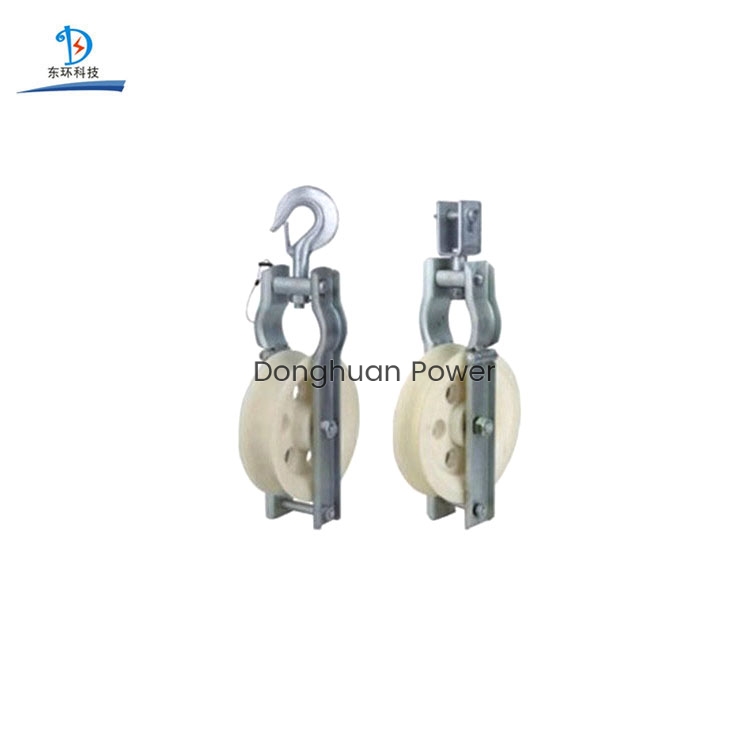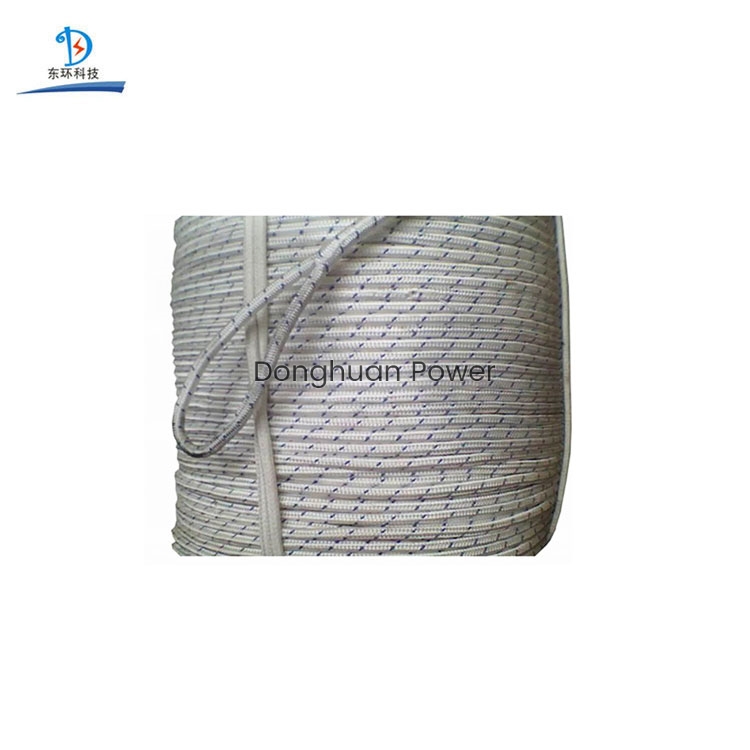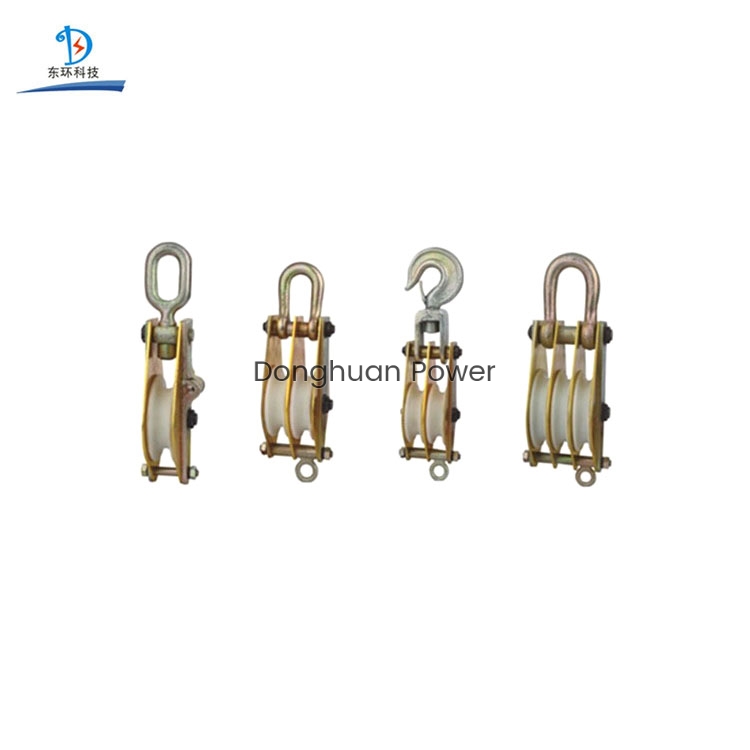There are several ways to lay cables: direct buried laying, pipe laying, shallow trench laying, cable trench laying, cable tunnel laying, and overhead laying. Several methods have their advantages and disadvantages. Generally, urban development planning should be considered. Existing buildings The density of the cable line length and the number of cables laid and the influence of the surrounding environment. From a technical comparison, the cable tunnel method and the cable trench laying method are convenient for the construction, maintenance and overhaul of the cable.
In some developed cities, public tunnels have been considered during urban planning and construction. Practice has proved that the public tunnel has a good operation effect, which greatly reduces the number of repeated investments and the phenomenon of repeated excavation of the pavement. However, the initial investment is huge and the construction materials consume funds. In China, due to various factors, this type of laying method is extremely rare.
Lengthened Double-head wrench Manufacturers
In contrast, direct buried laying and shallow trench laying are economical laying methods, and direct buried cables are the most economical and widely used electricity laying methods, which are used in suburban areas and places where vehicles are not frequent. However, it is not conducive to the maintenance and repair of the cable. Once a cable fault is encountered, even if the fault point is detected by the tester, the cable trench must be dug again, which is extremely inconvenient.
Therefore, the choice of cable laying methods should be determined in accordance with actual conditions, engineering conditions, environmental characteristics, cable types and quantities, with a developmental perspective, and in accordance with the principles of meeting the requirements of operational reliability, ease of maintenance, and technical and economic rationality.

 English
English Spanish
Spanish +86-574-88852221
+86-574-88852221







